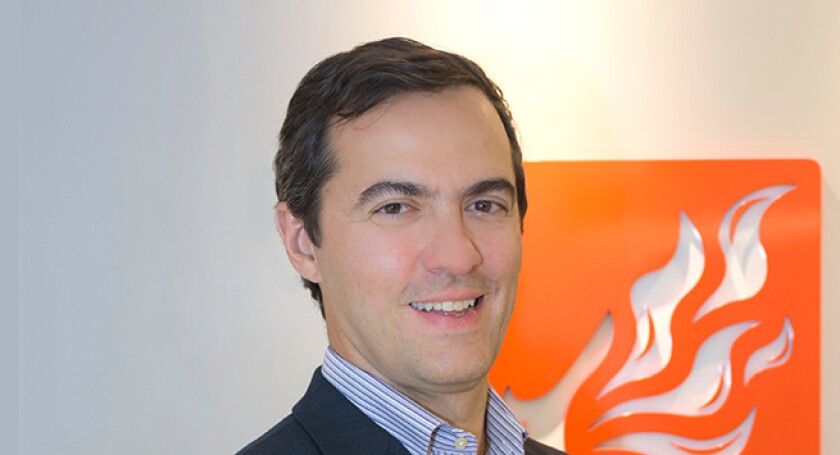TowerXchange has caught up with Phoenix Tower do Brasil (PTB)’s CEO, Mauricio Giusti, for an update on the country’s tower market, macroeconomics and future perspectives. While Brazil hasn’t delivered many promising headlines over the past few months, Giusti shared positive considerations about the market and its strong growth pattern as well as news on the towerco’s possible move into energy management.
TowerXchange: Can you give us some updates with regards to Brazil and PTB’s activities in the country?
Mauricio Giusti, CEO, Phoenix Tower do Brasil:
PTB is still one of the fastest growing towercos across CALA and our build-to-suit volume has been very strong even in tough years like 2017-2018. In spite of the shaky macroeconomics of the past couple of years, we were able to perform extremely well. PTB is not only enjoying strong organic growth but also a good volume of amendment revenue, mostly driven by 4G.
TowerXchange: What is the status of 4G deployment across the country?
Mauricio Giusti, CEO, Phoenix Tower do Brasil:
Most MNOs are still deploying 4G across Brazil but there are also areas where 4G is not yet available. ANATEL is currently freeing up spectrum that was previously utilised by analogue TV providers and the auction should take place in the second half of 2019. The spectrum allocation will further intensify 4G deployment efforts across the country.
TowerXchange: What are MNOs demanding in terms of site typology?
Mauricio Giusti, CEO, Phoenix Tower do Brasil:
The largest demand still relates to macro towers but over the past 12-18 months we’ve actually seen an enhanced push for small cells as well as short poles (18-20m high). Typically, MNOs require these solutions in areas with poor quality of service to densify existing networks.
We’ve also seen an increase in demand for indoor DAS not only to provide coverage inside busy venues but also to offload the nearby macro sites. DAS projects usually target shopping centres, stadiums, business centres and conference venues.
TowerXchange: In spite of much talking, we haven’t seen any consolidation happening beside the Highline-SBA deal. What is your take on the lack of towerco-towerco deals?
Mauricio Giusti, CEO, Phoenix Tower do Brasil:
Some analysts did forecast consolidation to be a big theme in Brazil but for now, we’ve only seen the Highline-SBA deal. I think that the improvement of the overall economic conditions combined with more spending by the MNOs has changed the priorities for towercos, which are now seeing renewed organic growth opportunities across their Brazilian operations. Consolidation is still likely to happen but not in the imminent future.
We are getting involved with more operational aspects of the business, especially in the energy sector. In Brazil, there is a considerable effort to adopt cleaner sources of energy, in particular solar solutions, and we are talking to various players in the field to define a strategy that can add value to our customers while also reducing opex
TowerXchange: Is growth still in the cards in Brazil? And how is the market reacting to the new government?
Mauricio Giusti, CEO, Phoenix Tower do Brasil:
For the next couple of years, Brazil is expecting further macroeconomic improvements. In fact, the country’s GDP is already growing and inflation is low, consumers’ confidence is quite high and we are expecting a better 2019-2020 than the previous couple of years.
The new government has just taken office and if all the plans and expectations are confirmed, we can project a strong year ahead. MNOs, just like everyone else, are waiting to see if the consumers’ spending will grow further and the overall conditions keep improving to hopefully announce even more investments.
TowerXchange: Several towercos are reporting deeper involvement in operational issues. Is this the case at PTB too?
Mauricio Giusti, CEO, Phoenix Tower do Brasil:
We are getting involved with more operational aspects of the business, especially in the energy sector. In Brazil, there is a considerable effort to adopt cleaner sources of energy, in particular solar solutions, and we are talking to various players in the field to define a strategy that can add value to our customers while also reducing opex.
Just like with infrastructure, MNOs are inclined to outsource energy provisioning to companies like ours, able to ease the burden and offer streamlined, efficient solutions. While there are barely any off-grid sites across Brazil, this is relevant for on-grid sites whose energy sources are still fairly expensive.

